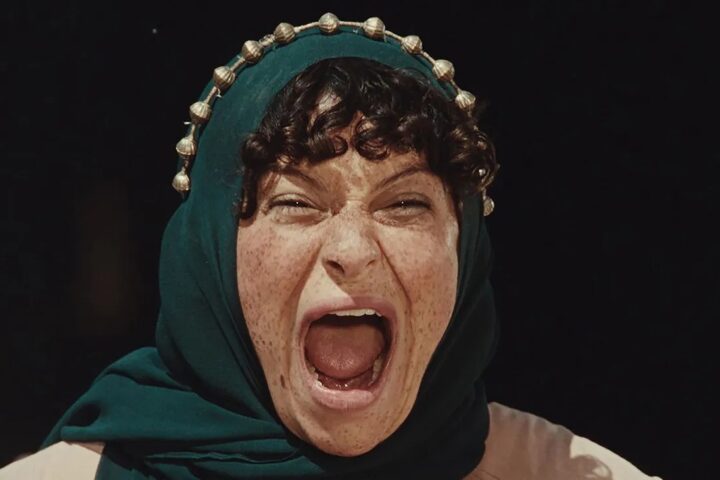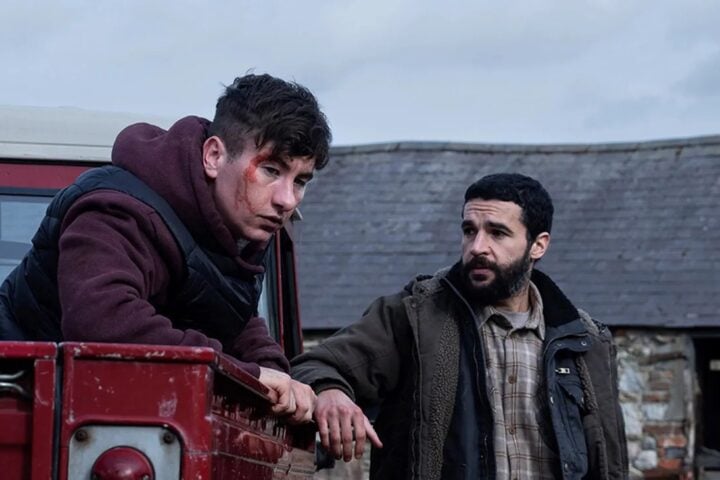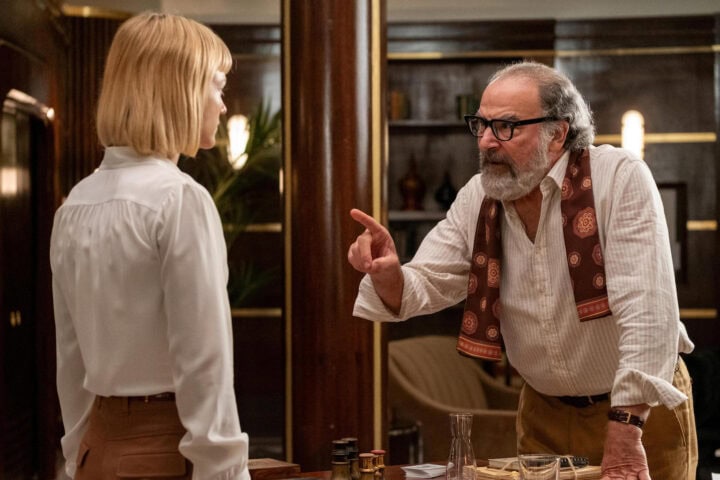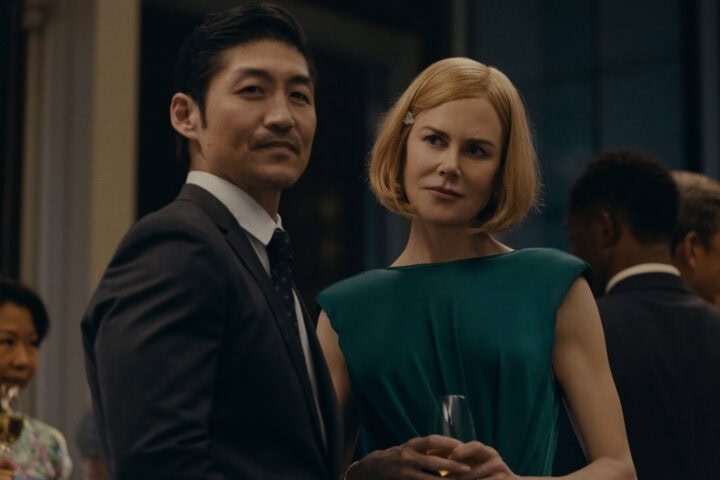In The Fabelmans, Steven Spielberg depicts his proxy as the product of an artistic mother and mechanical-minded father, blending the emotional intelligence of one and the technical expertise of the other to create movies engineered to tug at an audience’s heartstrings. Masters of the Air shows what might have happened if Spielberg had taken after only his father: The series recreates the hulking military machinery of its World War II tale in exacting detail, and often to dazzling effect, but struggles to bring its human stories to life.
Executive-produced by Spielberg, Tom Hanks, and Gary Goetzman, the miniseries follows the U.S. Air Force’s 100th Bomb Group as they carry out their missions from a base outside of Norfolk, England. It’s a different sort of aerial combat than we’re used to seeing on screen, as the planes aren’t nimble dogfighters that buzz through the air, pulling off balletic loop-de-loops. Rather, they’re flying fortresses that bob slowly toward their targets, absorbing enemy fire along the way and relying on their gunners and good fortune to return to land successfully.
Masters of the Air is meticulous in its depiction of life inside a bomber plane, as Major Gale “Buck” Cleven (Austin Butler) and his roguish best friend, Major John “Bucky” Egan (Callum Turner), and their men attempt one daring bomb run after another. The series labors over every detail, from the intricate procedures through which pilots, gunners, and navigators work in tandem, to the neat gizmo that allows a flare gun to be fired through the ceiling of the plane.
Huge aircraft driving bravely forward through smoke and fire as the sky explodes around them is a spectacular sight, but the impact is dulled with repetition, as there isn’t a great deal of variety to the action that follows. It’s a tough setting for dramatic storytelling given that the characters are forced to remain largely static, with their faces mostly obscured.
Sadly, Masters of the Air isn’t much more successful when the characters have their feet on the ground. A consequence of such a large ensemble is that most of the characters remain underdeveloped, despite the best efforts of the cast, including Barry Keoghan and Ncuti Gatwa. Even Buck and Bucky never evolve beyond the versions of them that we first meet, and at times it almost feels like the series is actively resisting any attempt to deepen them.
An early episode brings up the fact that Buck, unlike most of his fellow soldiers, has absolutely no interest in sports. It’s intriguing detail that suggests a compulsively serious mindset—that of a man who can’t entertain a contest that isn’t life or death. But, later, a monologue explains away this aspect of his personality, explicitly tying it to a childhood event and reducing a potentially complex psychological issue to simple matter of cause and effect.
There are some Spielbergian flourishes peppered throughout Masters of the Air, from the masterful construction of its period setting to a soaring score that makes a valiant effort to inject the series with some raw emotional power. But those efforts prove overcompensating, as the thing that should make it all tick—the human heart—is tragically missing.
Since 2001, we've brought you uncompromising, candid takes on the world of film, music, television, video games, theater, and more. Independently owned and operated publications like Slant have been hit hard in recent years, but we’re committed to keeping our content free and accessible—meaning no paywalls or fees.
If you like what we do, please consider subscribing to our Patreon or making a donation.







I think you missed the focus of the show. Many of these men barely knew each other before they were gone.